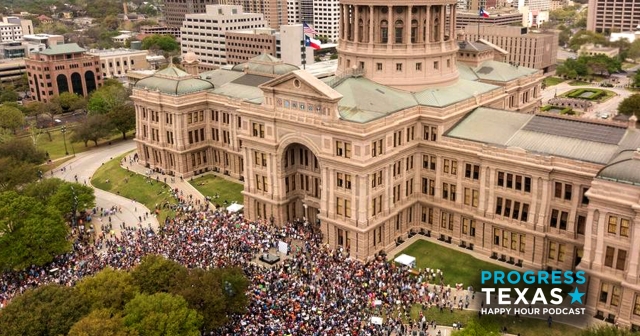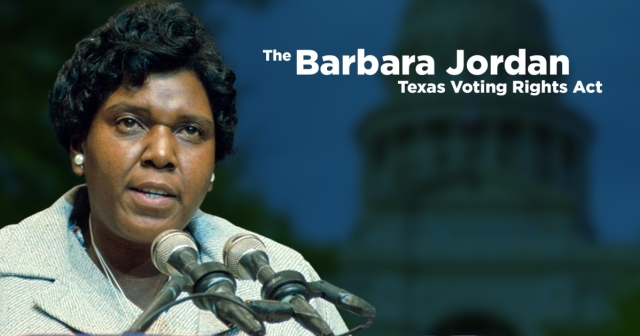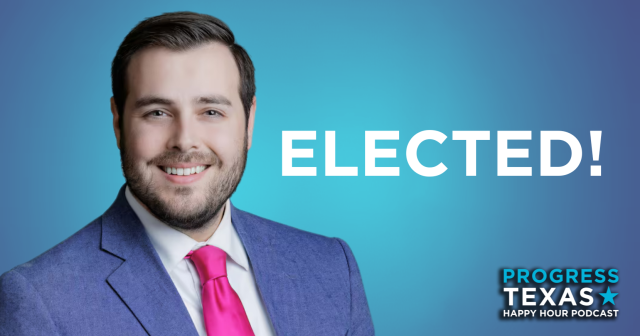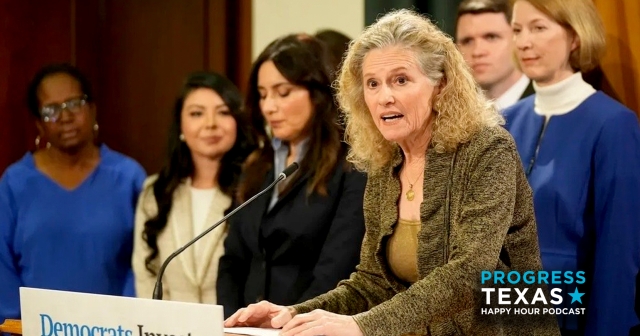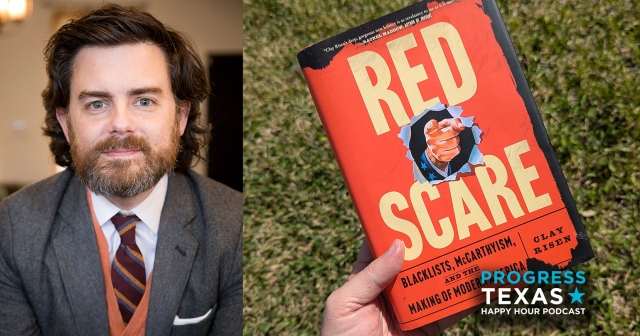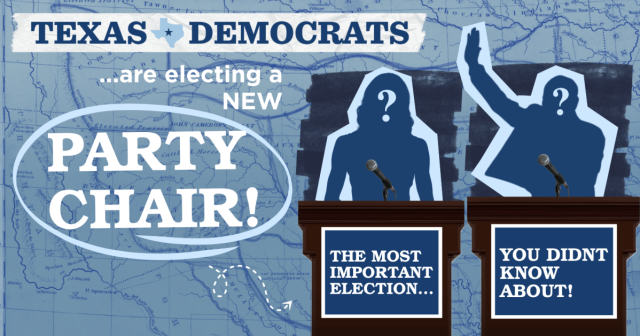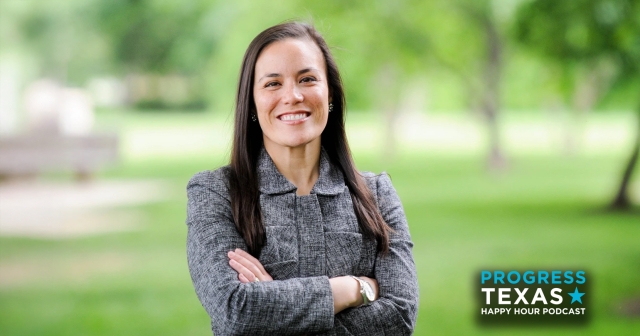U.S. Department of Justice Strikes Down Texas' Photo ID Law
The United States Department of Justice (DOJ) rejected Texas' photo ID bill (SB 14) today, explaining that the state of Texas did not met the burden of proof in showing that the law would not have a "disparate effect" on minority voters. The full letter from the DOJ can be read below. The following is an overview of their objections, based on the wonderful blog posts at the Texas Redistricting Blog:
- The effect on Hispanics - Based on data the state of Texas submitted, the number of Hispanics that would be lack the proper identification to vote is statistically significant. Specifically, thhe DOJ wrote that "according to the state’s own data, a registered Hispanic voter is 46.5 percent, and potentially 120 percent, more likely than a non-Hispanic voter to lack … [the required] identification." It should be noted that the state of Texas submitted two very different sets of data on the number of Hispanics that
- Lack of Data for Other Communities - DOJ also noted that the state of Texas provided no documentation on how the proposed photo ID law would effect Texas' African-American or Asian communities.
- Cost of Photo ID - The DOJ noted that if a voter that lacked the documentation required by law, the cheapest it would be to obtain the necessary documentation would be $22.
- Limited Access to Documentation - Finally, the DOJ found that it would be burdensome on Hispanics to travel to DPS to get the documentation they needed. Whether it is lack of a vehicle, lack of operational driver's license offices, or the limited hours of those offices, there is a disproportionate burden on Hispanics in Texas to comply with the proposed changes of the photo ID bill.{C}
During the recent legislation session, all of these objections were raised by progressive lawmakers fighting to protect the voting rights of Texans - and conservatives ignored each and every one of them. Thankfully, the DOJ stepped in to bring clarity and reason to this unnecessary issue.
So what happens now? Michael Li has provided the following Q&A, but here are the highlights:
- The state will likely appeal the law, sending it to the D.C. court
- The law will not be in place for the May 29th primaries. Based on the presumed timing of a full legal challenge, the photo ID bill -- should the DOJ ruling on preclearance be overturned by a court -- is not likely to be in place for the November 2012 elections, but we won't know for sure for a while.
Below is the full letter from the DOJ. We will be sure to keep you up-to-date as we move forward on this issue.
DONATE
Your donation supports our media and helps us keep it free of ads and paywalls.

